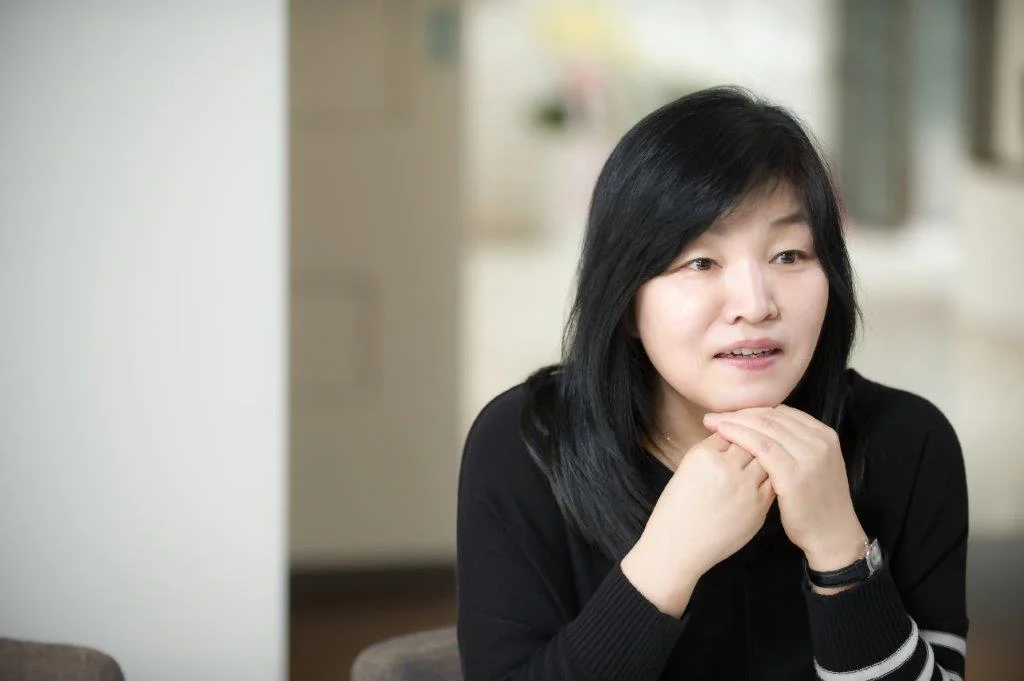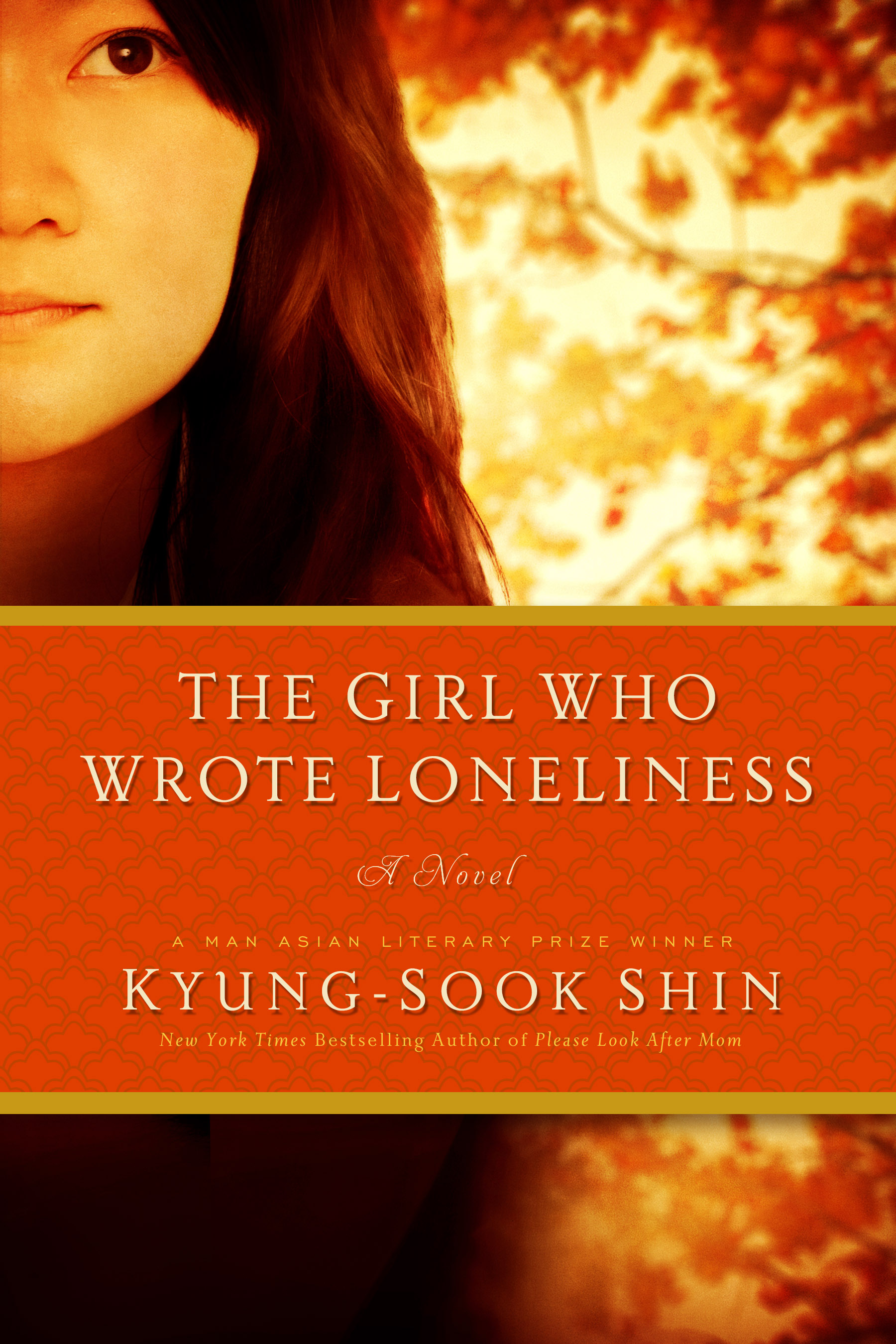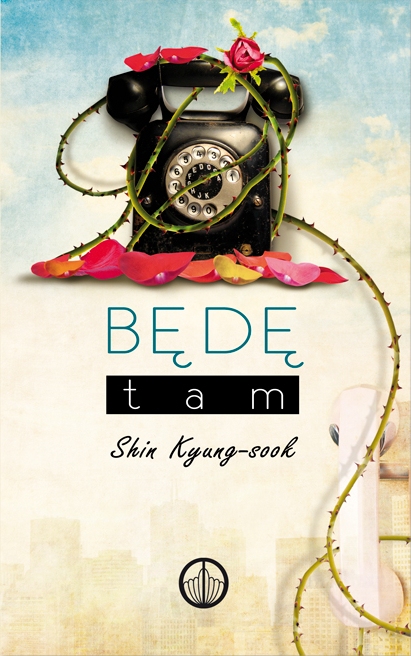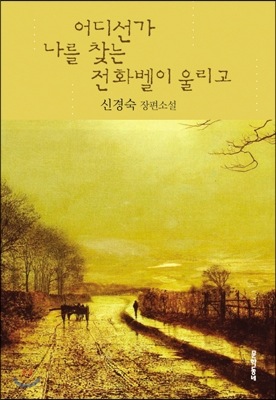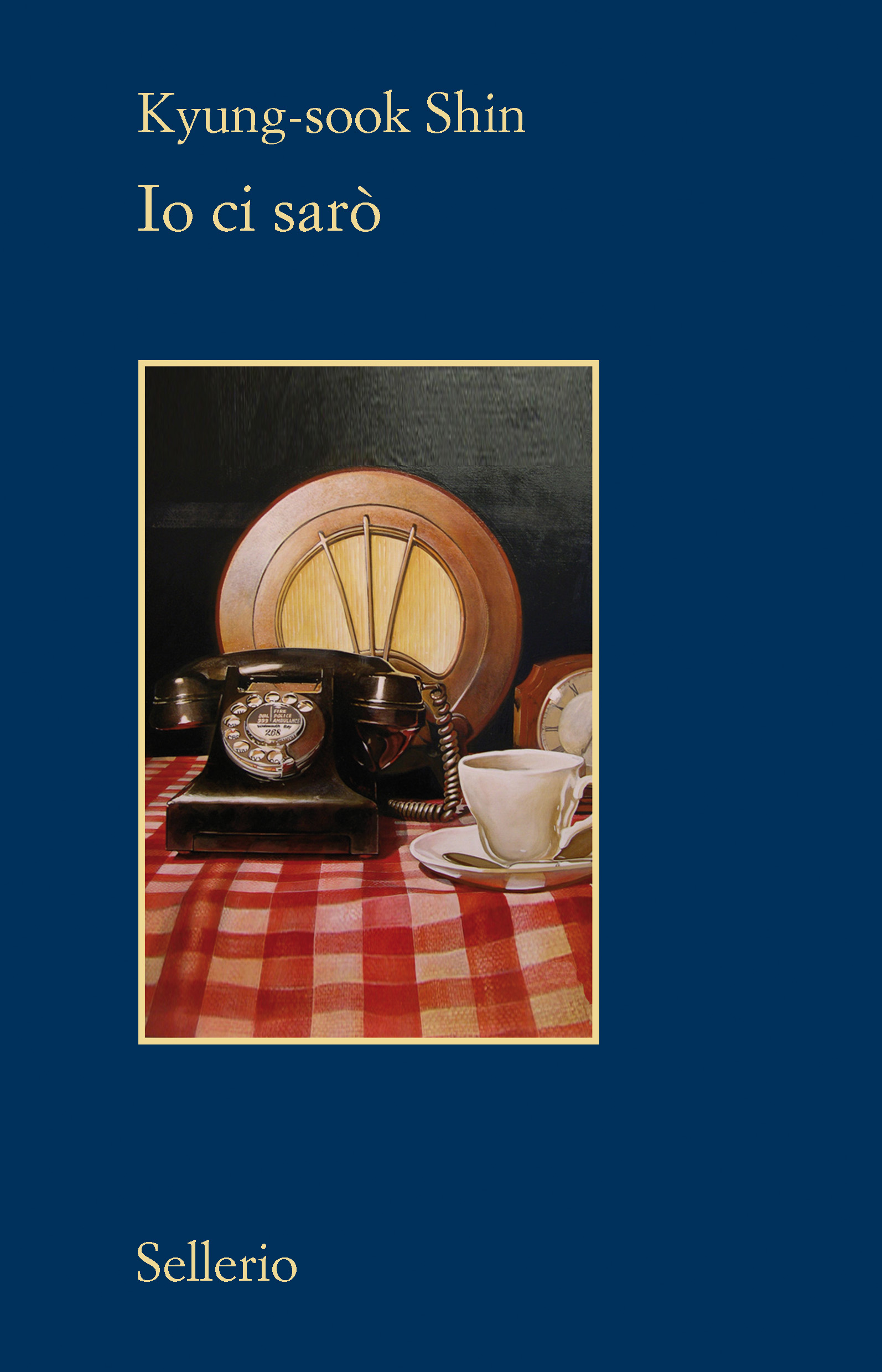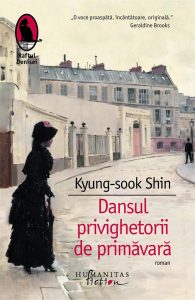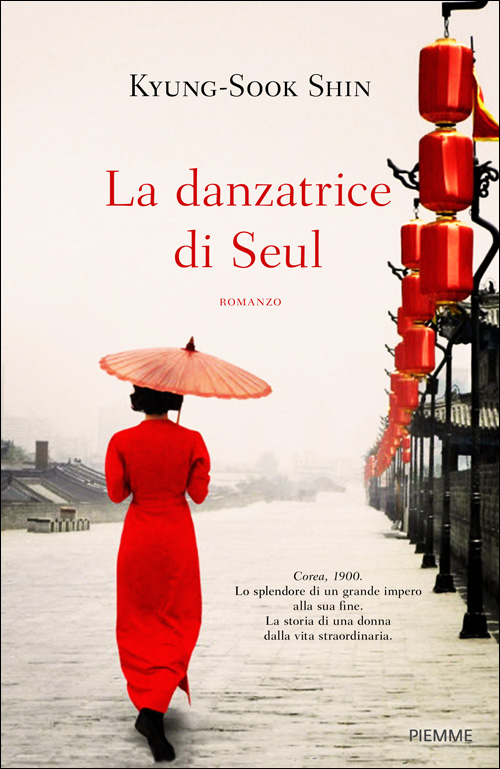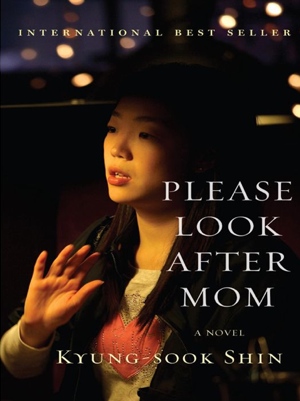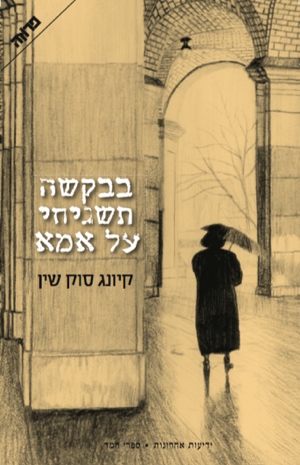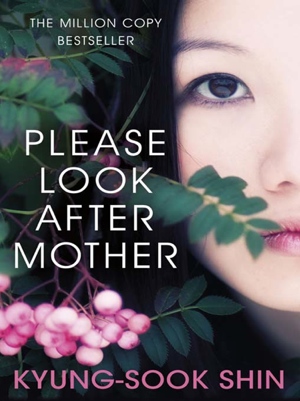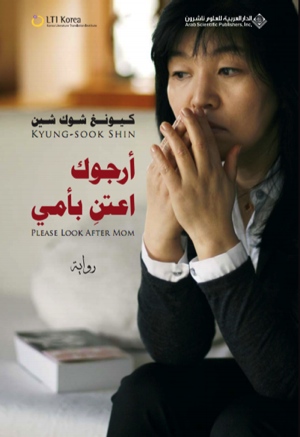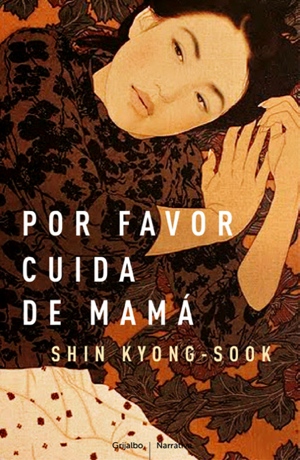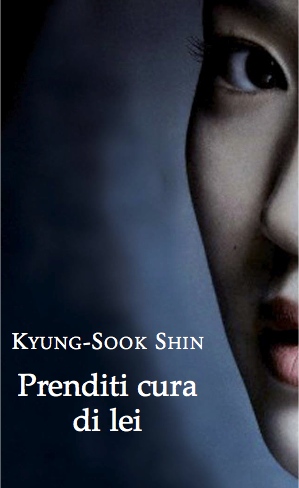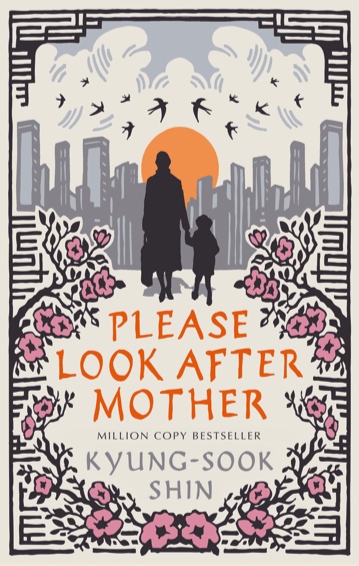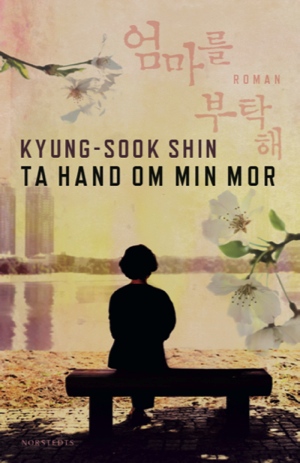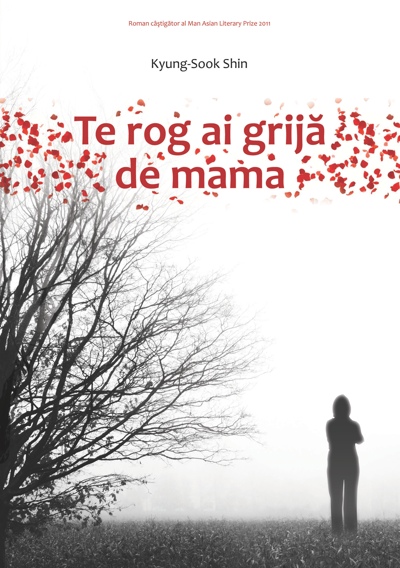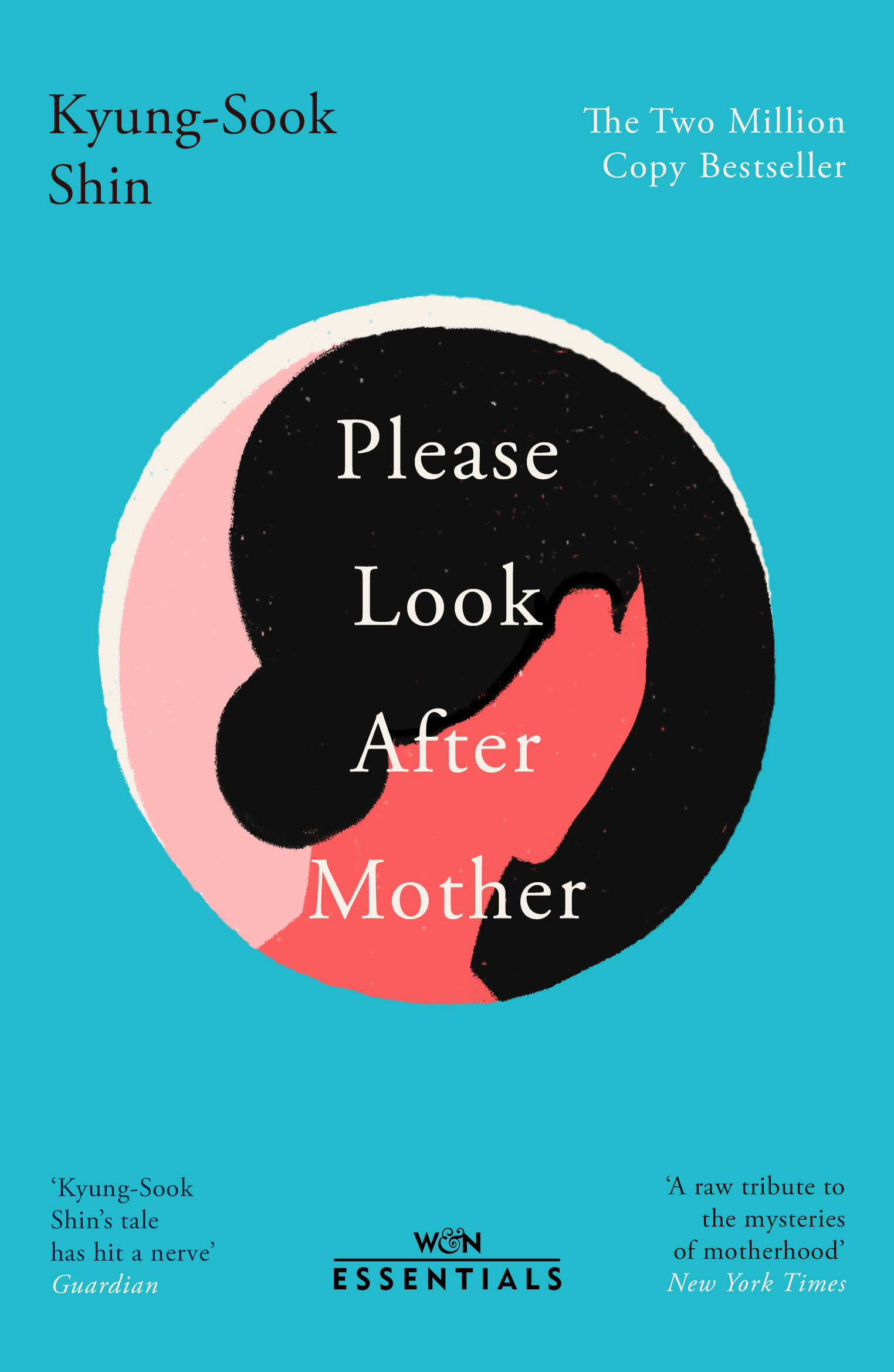Kyung-Sook Shin
Books
The Girl Who Wrote Loneliness
Picqueir/France, sold to Pegasus Books WEL , hardcover publication in US –September 2015, Nha Nam/Vietnam.
First published in 1995, Korean writer Shin Kyung-sook’s second novel A Lone Room is a stark autobiographical work depicting her teen-age years as a new arrival in the city, working in a factory to attend night school. Set against the backdrop of Korea’s industrial sweatshops of the 1970s, the book takes on many of the urgent socio-political issues of the era—exploitation, oppression, activism, urbanization—weaving them into a complex and nuanced coming-of-age story. It is the kind of ambitious and at the same time intimate novel that will convince readers of Shin’s capacities as a major writer with an important story to tell, and the courage and the artistic finesse to tell it.
In 1978, the author was a 15-year-old in a remote rural village in southern Korea, one of many children in a farming family, just graduated from middle school and unable to afford high school. Her only choice was to stay where there was nothing for her, or to move to Seoul, as millions of other country girls did back then, and take her place at the bottom of the city’s social hierarchy. This means sharing a single airless room with her cousin and older brother in a sooty neighborhood, going to work at a stereo assembly line to make barely enough money to bring food to the table, so that she would be eligible to apply for a government scholarship to attend night school. She hoped to one day become a writer. In A Lone Room, Shin has reconstructed the story that follows as a work of metafiction, a first-person narrative told in the writer’s own voice, closely tracking the process of revisiting and writing her past. This strategy lays bare all the conflict and confusion that Shin goes through as she confronts a past that she has long kept buried. The result is a carefully crafted and richly layered portrayal of not only her experience and of the people she encountered, but of the relationship between an individual and the world around her, of how one comes to an understanding of one’s own experiences in the midst of sweeping social change. Comprised of four chapters, this hefty 400-page book is made up of fragmented scenes and sections, cutting back and forth between the past and the present, and the overall pace is brisk despite its length. The biggest appeal of this book is that it can be read in many different ways by readers with different tastes and of different backgrounds, age groups, etc. For the general readership, especially the younger group, the novel would be read as a universal coming-of-age story, about how a young girl overcomes the challenges of poverty and other social obstacles. There will also be a group of readers who will respond most strongly to the book’s detailed portrayal of life in Korea in the l970s and 80s as the nation was going through unprecedented industrial growth under military dictatorship. The book is a vivid social testimony and also a feat in realist storytelling. In terms of literary style and craft, the novel is beautifully written in a lyrical, intimate voice, and at the same time, its narrative structure as metafiction takes the work to another level of sophistication, which will appeal to the more high-brow readership, including critics. To most Americans, how Korea went from the war-torn backwater of M.A.S.H. to an Asian economic powerhouse and thriving democracy remains a story that has never been told. A Lone Room does more than tell this story: It elevates the tale into a genuine work of art that is timeless and borderless.
A Lone Room is still read widely in Korea and has been cited as one of the most important literary works of the 1990s. Shin was awarded the prestigious Manhae Literary Prize for the book in 1996. A Lone Room has been translated and published in Germany, Japan, China and most recently France, where it was awarded the Prix de l’Inaperu. The English translation was supported by grants from the PEN American Center and the Korea Literature Translation Institute.
I'll Be Right There
Sold to Kwaity Orientu/Poland, Grijalbo/World Spanish, Eurasian/Tawian, Norstedt's/ Norway, Sellerio/Italy. Complete English Translation Available. Mukhadogne Publishers, Spring 2010.
Winner of The Most Beautiful Foreign Novel in 21st Century Award for 2011 in China. This edition was published by PEOPLE'S LITERATURE PUBLISHING HOUSE. A magnificently written, poetic and romantic novel of long lost young love and the coming of age of four college friends.
A magnificently written, poetic and romantic novel of long lost young love and the coming of age of four college friends. Yoon, the protagonist of the novel, looks back at her life after receiving a phone call from an ex-boyfriend. He tells her that their beloved mentor/college professor is dying. This event sparks the memories and feelings of Yoon as she reminisces about the best years of her life – her college days, her first love, her recovering from the death of her beloved mother, her inspiring bond with her professor and her undeniably passionate best friends. The story spans the most formative eight years in Yoon and her friends’ lives; a time when they explored love, friendship and inner growth. This is a powerful follow-up to PLEASE LOOK AFTER MOM. This book was a runaway bestseller in Korea. A magnificent work that will astound and mesmerize readers with its every word and its every sentence.
The Court Dancer
Translated by Anton Hur, paperback edition Pegasus Books, Italian edition by GiuntiSold to Pegasus Books/North American rights. Publication date: August 2018
Munhakdongne Publishing Corp.
2014, 360pp.
ISBN 978-89-546-0322-5 04810
Philippe Picquier, 2007, Norstedts, Sweden, 2018
Author of NY TIMES Bestseller Please Look After Mom, sold in 42 countries
and winner of the 2011 Man Asian Booker Prize, I'll Be Right There, The Girl
Who Wrote Loneliness.
In the tradition of MEMOIR OF A GEISHA and M BUTTERFLY, Kyoung sook Shin's THE COURT DANCER is a work of great literary writing and a story of heartbreaking beauty.English partial available (August) and French translation as well as Korean
text.
Severe poverty and 'barbaric' customs plagued the late Joseon period when the nation was forced to open up to foreign forces. Shortly after Joseon pulled itself out of the grip of the Q'ing Dynasty, it had to grapple with imperial powers seeking to dominate the Korean peninsula. Unprecedented chaos, sparked by the imbalance between China, a declining empire, and
Japan, a rising regional power, was the defining image that describes the turbulent period. Shin Kyung-sook, however, has not bemoaned the disheartening fall of Joseon; instead, she has created a largescale odyssey in which a beautiful courtesan
embarks on a journey in search of her true love. Shin's writing doesn't bring back to life a barren landscape saddled with poverty, but a shimmering myth about an individual who rises above the rubble of failed political decisions. This is an entirely new picture that goes beyond the typical descriptions of the trouble-laden period. Shin weaves a moving tale of a real life figure that cannot be found in school textbooks; she has drawn her inspiration from a brief historical passage about a Joseon court dancer who left for Paris after falling in love with a French diplomat. In the late 19th and early 20th centuries, when diplomatic conflicts and
economic confrontation prevailed, there was no room for the individual. Shin, however, attempts to revive the innermost state of a woman, Lee Jin, down to the finest details.
She does this in a way that proves the significance of a personal history in the context of broader social and political turmoil. Also restored in Shin's novel is the lively and dynamic life of the Joseon people.
Please Look After Mother
Published by Knopf/ US and Canada, Weidenfeld & Nicolson / UK & Commonwealth rights,Oh!Edition/France , Muelenhoff/Holland, Grijalbo RHM/ Spanish rights, Porto Editore/Portugal, Shueisha/Japan, People’s Literature Publishing/China, Phan Nam Publishing/Vietnam, Edtiora Intrinseca/Brazil,, Piper/Pendo for Germany, Forlaget/Norway, Verve/Denmark, Neri Pozza/Italy, Miskal/Israel, Eurasian/Taiwan, Kwaity Orientu/ Poland, Arab Scientific/World Arabic rights,Centrepolygraph/Russia, PT Gramedia Pustaka Utama/Indonesia, Carobna Knjiga/Serbia, Konyvmolykepzo Kiado KFT/ Hungary, Iatrikes Ekdoseis, Petriklis Ch. Paschalidis/Greece, Into Kustannus/Finland
Winner of the 2nd Prix de l’Inaperçu in France this year, Best-selling novel by award winning Korean novelist. Shin Kyung-sook has been honored with numerous awards including 1996 Manhae Literature Prize, 1997 Dong-in Literature Prize and 2001 Isang Literary Prize.
Please Look After Mom chronicles a family’s shock and despair following the matriach’s disappearance. So-nyo,the mother of four children, suffered a stroke in years past and is often in a confused state. She arrives in Seoul with her husband to visit her children but is wrenched from her husband’s grasp in a crowded subway station. Her husband is in the car, but she is left behind. She is gone but the time her husband returns to retrieve her.
This event triggers the family’s meandering, emotional journey to find So-nyo, as they reflect on their relationship with the woman they have only thought of as a mother and wife. Desperately following every lead to find her, So-nyo’s children and husband lash out at one another but also become close-knit, supporting one another as each tumbles along a path of regret, grief and fear.
Alternately heart wrenching and uplifting, this intimate novel illuminates the complexities of love among family members. A heart rending account of a mother’s anchoring effect on her family’s life and an astute, intimate stuffy of regret, is sure to resonate with readers all over the world.

